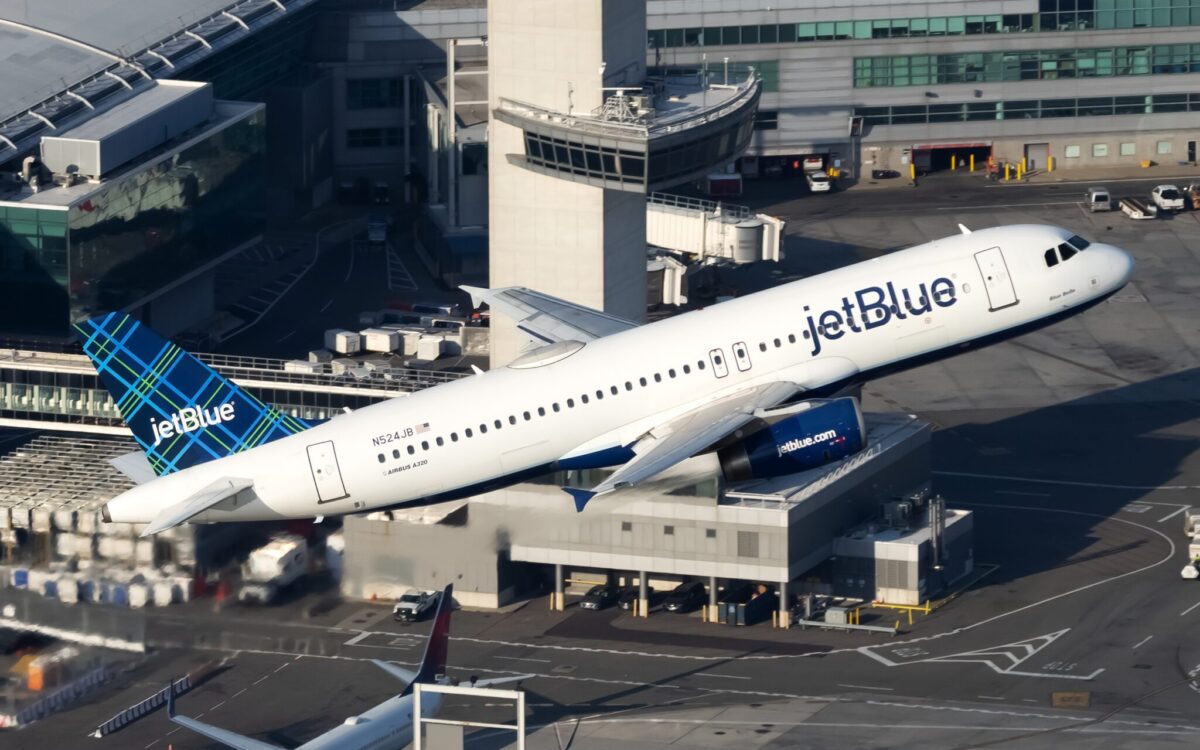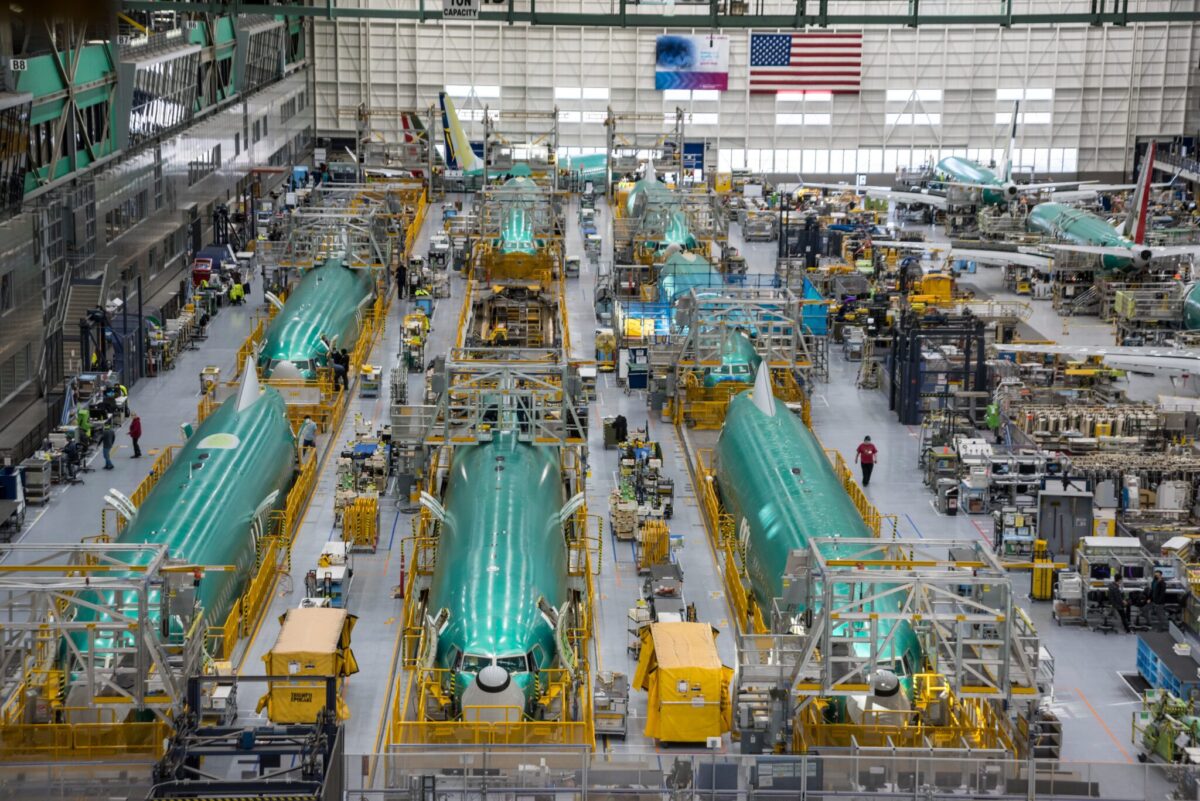Hyatt Sees China Supporting Hotel Development During Property Crisis

Skift Take
Hyatt has bet big on developing hotels in China despite recent turmoil in the commercial real estate market. Hyatt executives acknowledged the risks Thursday, but explained reasons for optimism.
“What we hear from our team on the ground is that the government is doing things to help companies because there have been some challenges in the property market,” said Joan Bottarini, Hyatt’s CFO. “The government is helping property developers because this is the way to continue to stimulate the economy in certain markets. They’re helping them to get these hotels advanced and financed.”
About 40% of Hyatt’s pipeline of 127,000 rooms worldwide is in China.
Yet China’s commercial real estate market is struggling, and there’s been a potential spillover effect in delaying hotel development, as cash-strapped partners might not be able to work with Hyatt as quickly as in the past.
Distressed sales comprised more than 20% of Chinese commercial real estate deals last year, MSCI Real Assets said this week. Sales of all types of property were down by a third year-over-year.
“We have a significant portion of our hotels there that are state-owned,” Bottarini said. “So that support comes directly into those ownership groups and then some of the private enterprises are getting some support from the government. We see that in the future, openings should be accelerating.”
A majority of China’s hotels are independently run on a small scale. Hyatt, other international hotel groups, and Chinese home-grown groups like Jinjiang and H World all believe more owners will sign up to become franchises of global brands.
Hyatt goes downmarket in China
Hyatt is known in the U.S. and Europe for its luxury and upscale properties. But in a departure from that image, over 90% of Hyatt’s properties in China are in the economy and midscale segments.
The hotel operator also wants to expand its limited-service offering in China’s second-tier and third-tier cities. Hyatt has six regional offices in China, which aim to find well-located, independently run hotels with good buildings and without brands.
Hyatt seeks local hotel partners
In 2019, Hyatt and BTG Homeinns Hotels Group co-created UrCove by Hyatt, an upper-midscale brand pitched to China’s business travelers.
Hyatt executives said Thursday that about 40 of them are now open as hotels converted from independent ownership, and “up to 100″ are in the pipeline.”
Hyatt’s 2018 acquisition of Two Roads Hospitality brought it a wellness brand, Alila, and Hyatt has expanded its resorts in Chinese cities.
Hyatt continues to work with local partners to grow. Last month, it added to its set of local partners in China by signing deals with Hangzhou Trade and Tourism Group and The Dragon Group to add independent and select-service hotels to its network.
HTTG is a developer of upscale hotels in China. The Dragon Group oversees hotels on behalf of investors and has named Hyatt a new third-party management company for 60 franchised hotels within China the companies plan to develop over the coming decade. The first will be a Hyatt Place hotel in Hangzhou.





